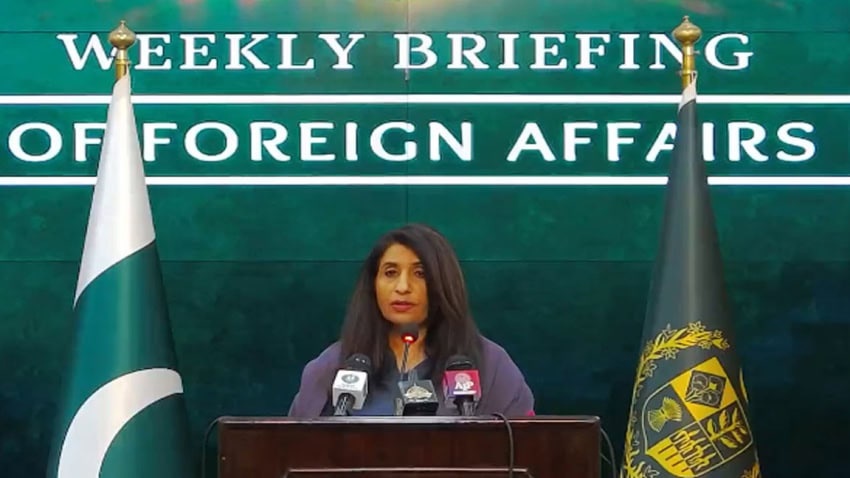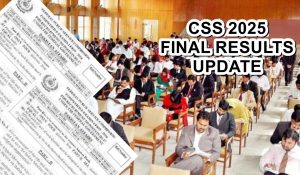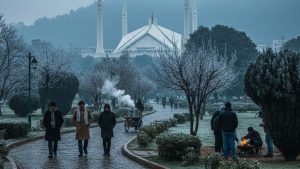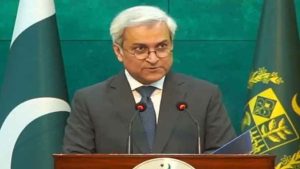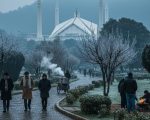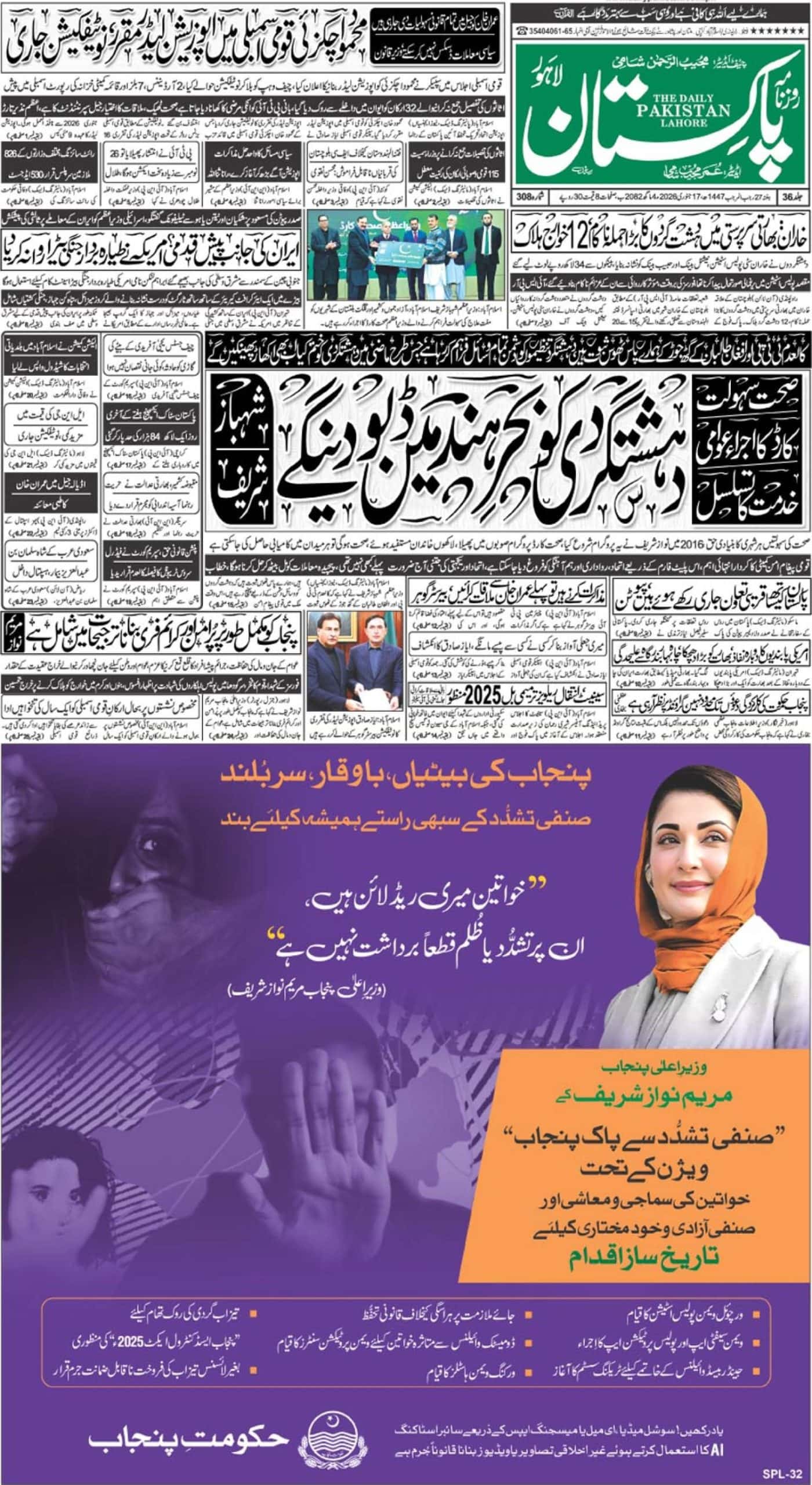ISLAMABAD – Amidst the ongoing power rivalry between the United States and China, Pakistan categorically denied any speculations of aligning itself with ‘the China bloc.’ Foreign Office spokesperson Mumtaz Zahra Baloch, during a weekly press briefing, refuted such claims and emphasized Pakistan’s consistent policy of not engaging in bloc politics.
Baloch highlighted Pakistan’s “All Weather Strategic Cooperative Partnership” with China, underscoring the strong and enduring relationship that has developed over several decades. She further stated that Pakistan maintains excellent relations with numerous countries across the globe, including those in the Middle East, Asia Pacific, Europe, and Africa.
Regarding Pakistan’s relations with the United States, Baloch acknowledged the longstanding friendship and partnership between the two countries. She emphasized that Pakistan-US relations are multifaceted, encompassing various areas of cooperation, with Pakistani Americans acting as a vital bridge between the two nations. Baloch reiterated that Pakistan has no intention of aligning with any bloc and strives to maintain neutrality.
Responding to queries about a letter from over 60 congressmen to the US Secretary of State concerning human rights violations in Pakistan, Baloch expressed disagreement with the characterization of events and the situation in Pakistan mentioned in the letter. She referred to the National Security Committee’s clarification on the factual situation surrounding the events and reassured that Pakistan remains committed to protecting the rights and property of all its citizens, with the judiciary guaranteeing constitutional rights and fundamental freedoms.
Regarding India’s hosting of the G-20 Tourism Working Group meeting in Srinagar, Baloch criticized the move, emphasizing that Jammu and Kashmir is an internationally recognized disputed territory. She pointed out that the dispute has been on the United Nations Security Council’s agenda for over seven decades. India’s decision to host the meeting in Indian-held Kashmir, disregarding relevant UN Security Council Resolutions, the principles of the UN Charter, and international law, was condemned. Baloch remarked that India’s attempt to project normalcy in Kashmir is overshadowed by the harsh reality of the heavily militarized zone in Indian-occupied Jammu and Kashmir.
Baloch commended China, Saudi Arabia, Turkey, Egypt, and Oman for their decision not to attend the Srinagar meeting, stating that these countries uphold international law and the UN Charter. She accused India of politicizing another international forum and exploiting its position as the current Chair to further its self-serving agenda. Baloch urged India to grant unrestricted access to international media and independent human rights organizations, end the repression in Indian-occupied Jammu and Kashmir, support the establishment of a UN Commission of Inquiry, and facilitate a UN-supervised plebiscite for the people of Kashmir to determine their own future.
Baloch also announced the appointment of Ambassador Asif Ali Khan Durrani as Pakistan’s Special Representative on Afghanistan. As a retired Foreign Service officer, Ambassador Durrani brings extensive experience, having served as Pakistan’s Ambassador to Iran and the UAE, as well as in various roles in Pakistan’s Missions in Kabul, Tehran, New Delhi, London, and the Permanent Mission to the UN in New York. In his capacity as Special Representative on Afghanistan, Ambassador Durrani will act as a liaison between international partners and the Pakistani leadership, representing Pakistan in significant international mechanisms related to Afghanistan.
Addressing concerns about secret meetings between President Dr Arif Alvi and ambassadors of different countries without involving the Foreign Office, Baloch categorically denied such claims.

